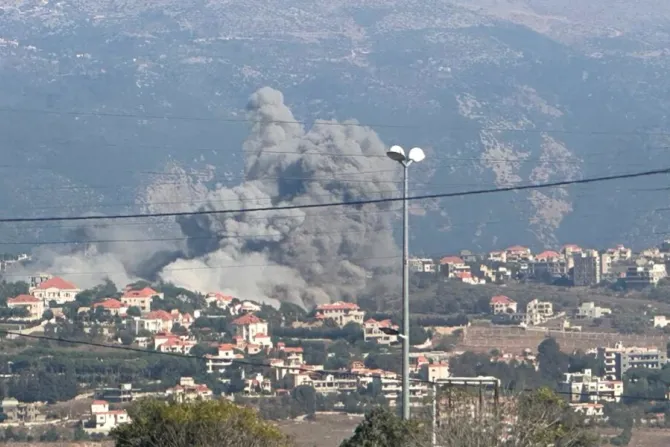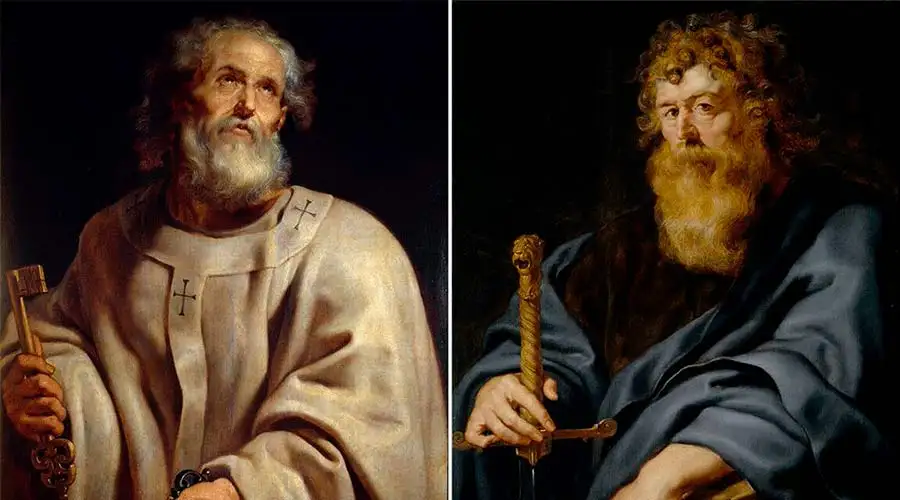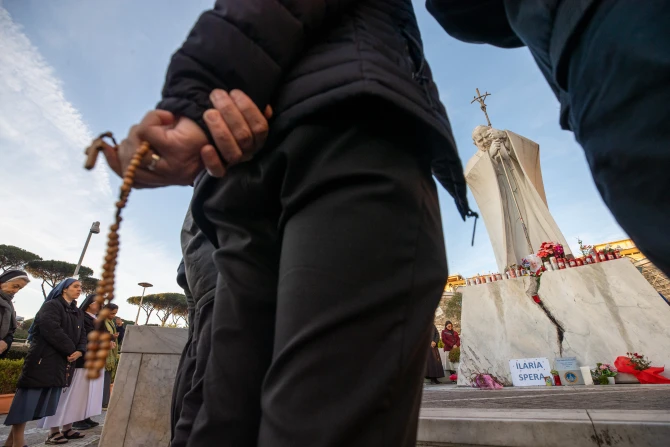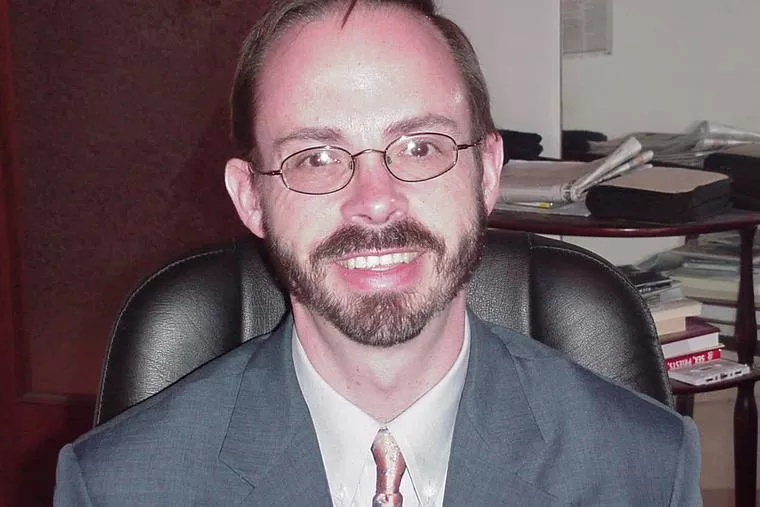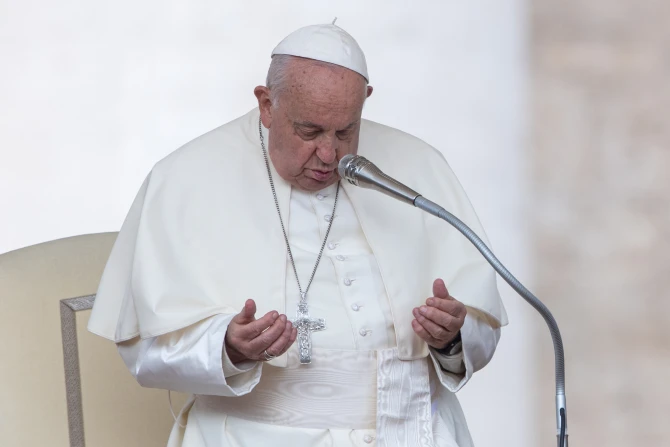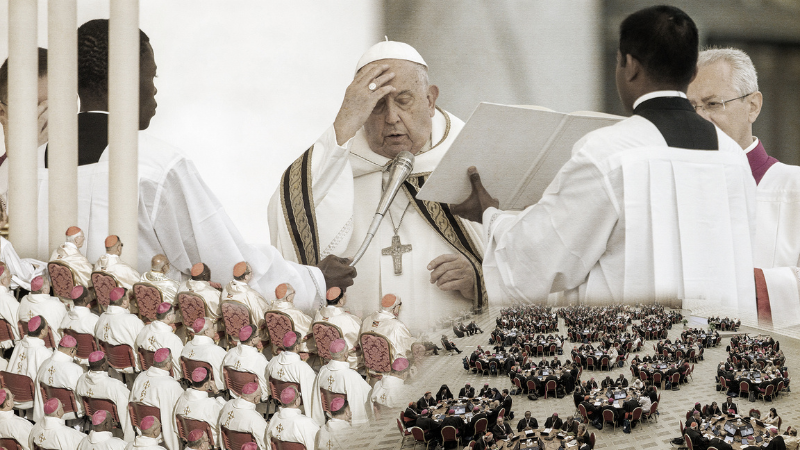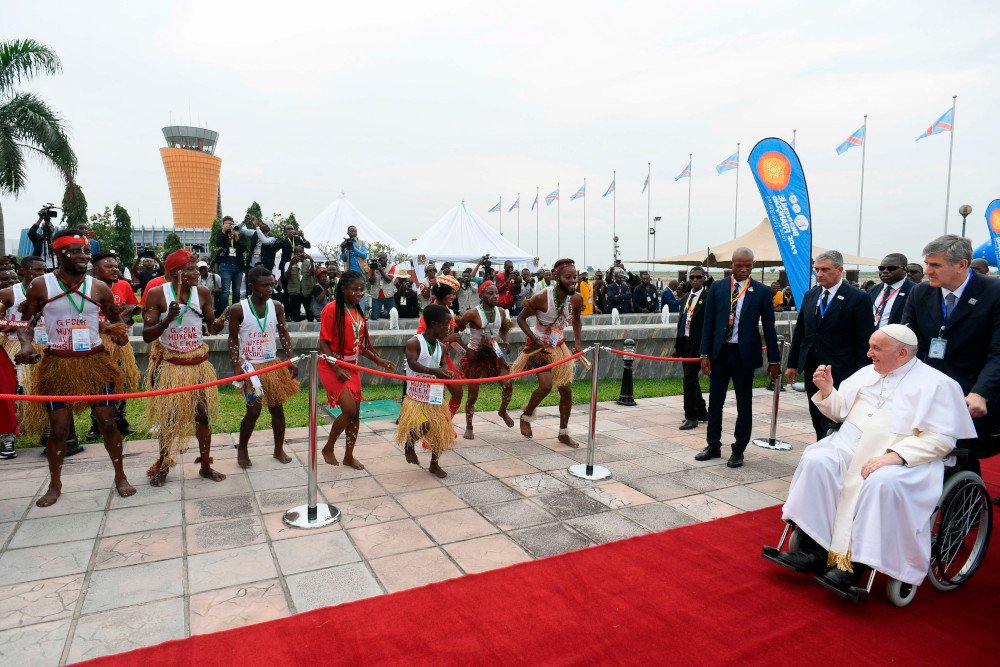The ongoing military escalation between Israel Defense Forces and Hezbollah has not only put Lebanon under fire, including the country’s Christians, but the situation could also diminish the presence of Eastern Catholic patriarchs from Lebanon at the Synod on Synodality.
As the second session of the 16th General Assembly of the Synod of Bishops at the Vatican begins with a retreat on Monday, Eastern Catholic patriarchs and other representatives from Lebanon should arrive in Rome in the coming days by airplane.
However, most airlines have canceled their flights to Beirut, even though the caretaker minister of Public Works and Transportation, Ali Hamieh, confirmed on Wednesday that Beirut International Airport — the country’s only civilian airport — is fully operational.
As Israel has struck hundreds of Hezbollah targets across Lebanon in the past few days, locals fear Beirut Airport might be on the target list. At the same time, the Lebanese government might close the airport out of prudence — even if it doesn’t get hit.
If either of these scenarios does happen, the patriarchs might find themselves unable to arrive in Rome on time.
An important role in Rome
The Eastern Catholic patriarchs participate in the synods “ex officio,” which means they are not designated by the pope or a conference of bishops, but they have a place by being heads of their Churches.
According to the list of participants — published by the synod’s general secretary — the following patriarchs are expected to attend: Ignace Youssef III Younan of the Syriac Catholic Church, Youssef Absi of the Melkite Catholic Church, and Raphaël Bedros XXI Minassian of the Armenian Catholic Church.
Notably absent from the list is the Maronite Patriarch Cardinal Béchara Boutros Raï. The reasons for his absence have so far not been officially clarified.
All other patriarchs are planning to come to Rome, according to research by ACI Mena, CNA’s Arabic-language news partner.
Bishop Flaviano Rami Al-Kabalan, procurator of the Syriac Catholic Patriarchate at the Holy See, confirmed Younan “should arrive in Rome.”
The Melkite Patriarchate told ACI Mena that Absi “will be in the Vatican — next week — if the aviation conditions will allow it.”
Charbel Bastoury, responsible for public relations in the Armenian Catholic Patriarchate, has confirmed Minassian’s participation; however, it will only happen “after His Beatitude is reassured about the situation in the country, which means he might arrive late.”
The patriarchs’ influence
Safety amid the escalating situation is not the only concern for Eastern Catholic prelates. Any absence of Lebanese participants could carry the risk of a lessened influence of the Eastern Catholic Churches at the Synod on Synodality — a process whose results the patriarchs would want to discuss beforehand.
The presence of Younan, Absi, and Minassian might play an essential role in the discussions leading to the final document that will be sent to Pope Francis by the assembly.
Eastern Catholic patriarchs are usually considered “conservative” when it comes to controversial issues like the ordination of women and same-sex unions. None of the three participating patriarchs have publicly supported changes to the Church’s teaching on these “hot-button issues.”
As heads of autocephalous churches, the patriarchs are also usually very respected by cardinals, Vatican officials, and the Roman Curia.
The patriarchs are also heads of synodal Churches that hold a yearly synod of bishops, making several important decisions, like deciding which priests from their Churches are possible nominees to become bishops. This means Younan, Absi, and Minassian have considerable experience with the exercise of synodality in the Church — the main topic in this synod.
Other Lebanese at the synod
Two bishops are also expected to represent the Maronite Church in Rome: the patriarchal vicar of Sarba, Bishop Paul Rouhana, and the bishop of Batroun, Mounir Khairallah.
The Maronite Church undertook a synodal process between 2020 and 2023 about the role of women in the Church, resulting in a document supporting women’s diaconate according to ancient Eastern tradition.
Several Lebanese representatives of the continental assemblies, a theologian, and a facilitator are also scheduled to participate in the second session.
When ACI Mena asked one of the representatives, Rita Kouroumilian, if she would be going despite the danger related to the airport, she said: “God is my strength, we will not fear, and as God never abandoned us, he will not leave us now. If he wants us to attend the synod, we will go.”
This article was originally published on Catholic News Agency.

